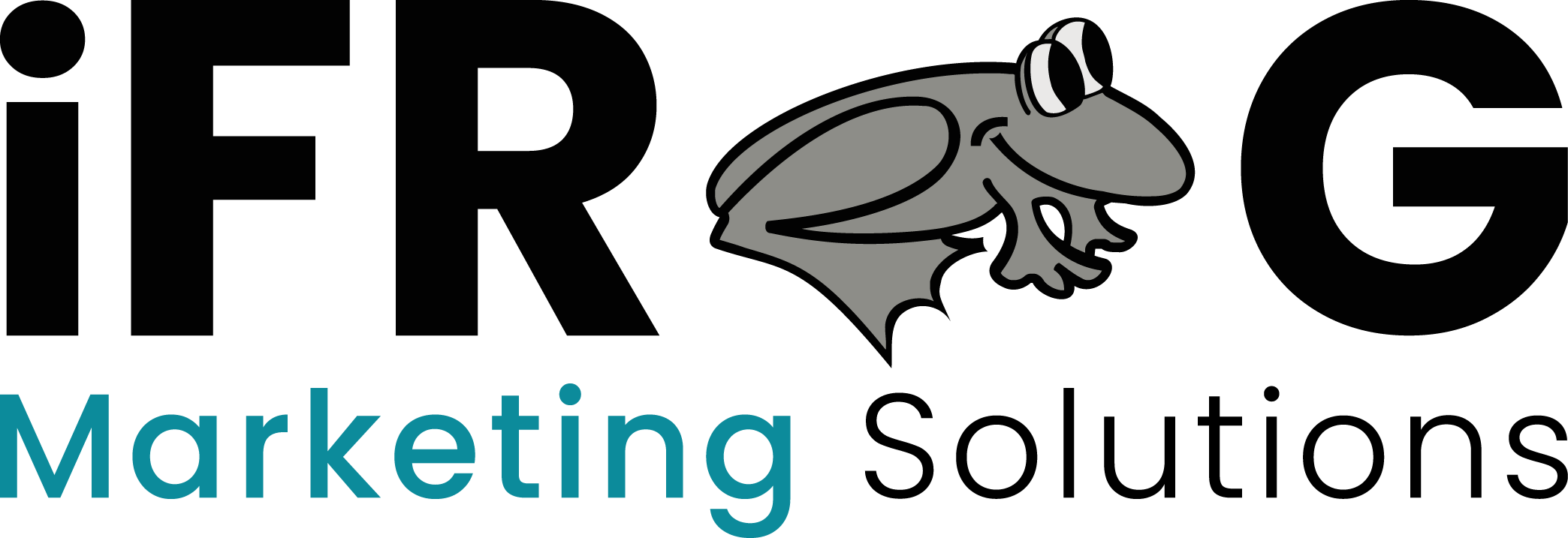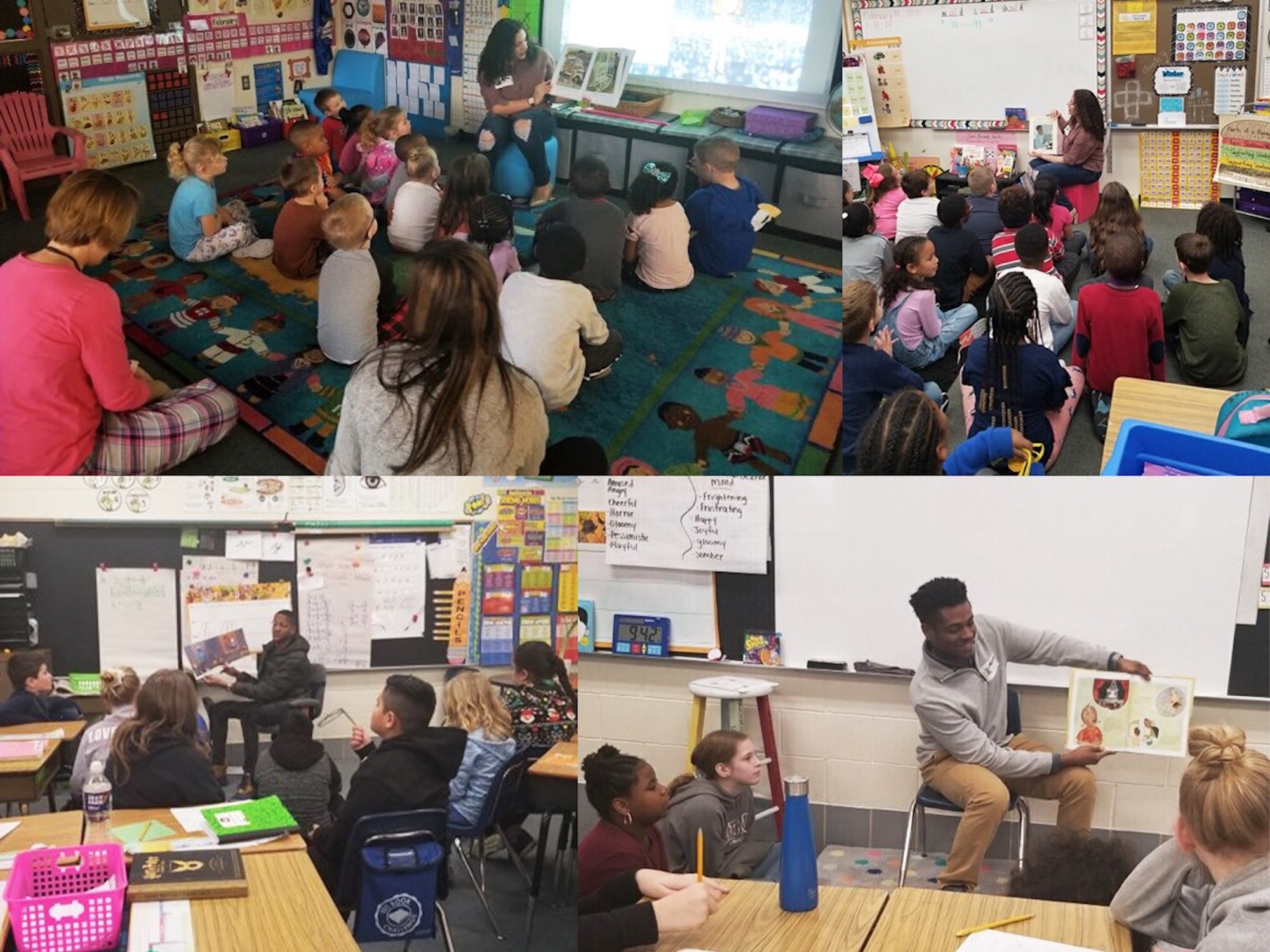Literacy is simple, right? It’s the ability to read and write. It’s what we go to school for. And obviously, everyone learns to read and write. If only it were that easy. I’m not sure why anyone would think it would be that easy in 2020 or ever for that matter. So much has changed and the landscape of literacy is also ever-changing. One thing that has not changed though is the need for our children to be literate. If we want our children to be the change we wish to see in the world as Gandhi so eloquently put it, we must advocate for literacy.
According to the National Bureau of Economic Research, “children whose parents have low literacy levels have a 72 percent chance of being at the lowest reading levels themselves. These children are more likely to get poor grades, display behavioral problems, have high absentee rates, repeat school years, or drop out.” And things have changed since I went to school (which wasn’t that long ago!). Now, we are not just asking kids to read books and write in notebooks. We are asking kids to consume digital content and type on devices. Learning to write with pens and pencils is now just as important as learning to type on a keyboard. While technology has opened the door for so much, it has changed the landscape of literacy and how we teach children to be literate.
Working for a technology company, you may think that I would quickly get behind supporting putting devices in the hands of young children. It is actually the polar opposite. I believe that we will have a stronger workforce that can affect positive change if we limit device usage and promote literacy through books until the brain has developed enough to consume digital content.
A recent study done by Reading & Literacy Discovery Center of Cincinnati’s Children’s Hospital shows that children’s brains are greatly affected by screen time before the age of five. Children who read have more organized white matter in the brain whereas children who spend, on average, two hours a day on screens have massive underdevelopment and disorganization of white matter in the language and literacy areas of the brain. To further compound this study, the same children were given cognitive tests. Children who frequently read books scored higher while children who were given devices had poorer emerging literacy skills, less ability to use expressive language, and tested lower on the ability to rapidly name objects.
By giving children’s brains time to develop in key areas, we increase the likelihood that our young people will be able to have the best of both worlds. The best of both worlds entails being able to logically make decisions about whether print reading or online reading would better serve their intent of what they are trying to accomplish.
Think about the differences between print reading and online reading.
| Print Reading | Online Reading |
| Takes time | Quick perusal |
| The reader discerns truth | The reader must consider source credibility |
| Apply critical analysis | Skim for keywords |
| Gauge inference | Answer a question |
| Develop empathy | Invites multi-tasking |
| Appreciate the beauty of illustrations | Media-rich content (ie. video, infographics) |
| Likely to read cover to cover | Likely to move from one site to another |
There is nothing that you see in either column of the chart that is bad. I would argue that a well-rounded, literate contributor to society would need all of the above. We just have to teach our children whether it is better serving to grab a book or a device. In the perfect world, there is balance between the two. There are children sitting up in a tree with a book and children sitting behind a device solving the world’s biggest problems.
At iFrog Marketing Solutions, we dedicate an entire month to supporting literacy awareness. Literacy really is a social justice issue. When someone cannot read, they are excluded from so many opportunities and our pirates wholeheartedly believe in inclusivity. We know that literacy opens doors. Illiteracy is not an option. It is a vicious cycle that perpetuates poverty and disparity among us. Literacy is power. Literacy is equality.
“Once you learn to read, you will be forever free.”
Frederick Douglas
We invite you to follow our social media channels to become more informed on literacy and to take advantage of resources that we share!


Comment